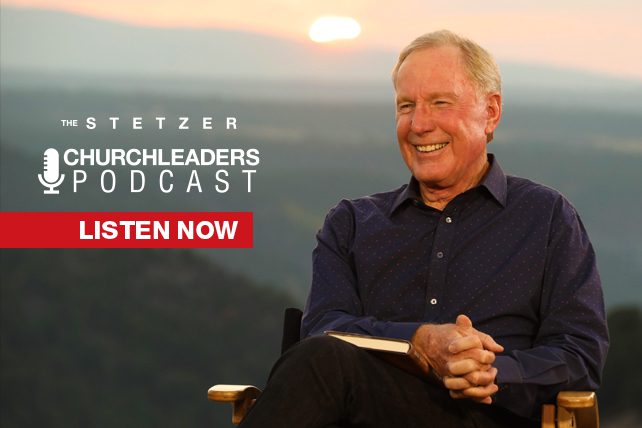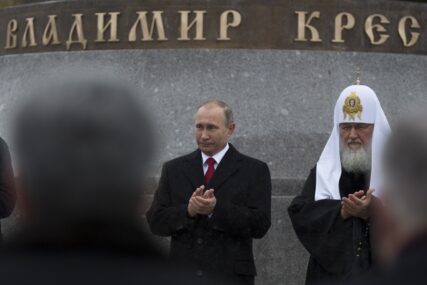Every leader hates growth barriers.
The Internet is full of suggestions on breaking through barriers.
Some of these articles, blogs, and books are good. But too few focus on the leader as the barrier.
Here are 9 ways to remove yourself as a growth barrier.
Often, we are tempted to look around and cast blame when we bump into an issue or problem. At times blame should be cast elsewhere, but as a point leader of any team or organization, there is always an element of accountability that should fall back on our shoulders. After all, we are the leader.
Looking in the mirror is more demanding than looking through a window, though. Discovering and owning our part in any problem is painful at best, but if we desire to build the Kingdom more than OUR kingdom, a mirror moment is necessary.
It’s about to get all personal up in here, but it’s worth the introspection because the church and the people in our community are worth us being at our best.
Let’s start by acknowledging a truth for every leader: “In some way, I am a potential growth barrier.” In fact, just pause for a moment and read that aloud. Do you believe that? I hope so because every leader has something in them that can impede growth. I’ve yet to meet a leader who doesn’t have the potential to become a barrier. The best leaders both acknowledge this potential and embrace proactive solutions.
While I can’t diagnose every possible leadership deficiency, I can give you some specific things to consider that will overcome almost every leadership-driven growth barrier. Or at least I can give you the ones I’ve learned (and am learning) the hard way.
Quick Note: Each of the below ideas could be a full post in and of itself. I’ll give you more than one sentence on each, so feel free to skip what you do well and study what you don’t in more detail. Whatever you do, though, read number 1 so you know what to skip!
If you want to proactively remove yourself as a barrier to growth, make sure you:
1. Solicit feedback about your leadership — often.
The best and worst thing I have ever done as a leader was survey those around me about my leadership. The people around you are most likely talking about you amongst themselves already. You might as well find out what they are saying.
Leaders are notorious for seeing deficiencies in others without knowing their own. Since you can’t improve what you don’t know needs improvement, a leadership evaluation could be the most important step you can take to ensure you are not an artificial barrier to your organization’s growth.
Any sort of survey via SurveyMonkey can be fruitful so long as it’s anonymous, but if you want to go deeper, leverage a professional service, like RightPath 360. Just a word of warning: Set up a counseling appointment to coincide with your feedback review. Trust me on this one.
Question for Introspection: Do I really know what others think of my leadership?
2. Surround yourself with great leaders.
This is so important to create a path for continuous growth, but it takes a self-aware and secure leader to pull it off. If you are the smartest person in your organization, your organization is in trouble. If you struggle to attract or retain great people, you are the problem, and your organization is in trouble. If you look around and your organization is full of doers, not leaders, you’re in trouble.
During the early years of Woodstock City Church’s growth, I mistakenly hired too many doers. I hired doers because we had so much to do. They were great people who became my friends, but their ability to lead at the time was weak, and we collectively suffered as a result. We need some doers, but doers without leaders stunt organizational growth.
What I learned the hard way is, while doers might get a job done, leaders will attract other leaders and doers, get the job done, and move the organization forward in the process.
Attracting and retaining leaders is our preference, but it can only happen if we become a leader worth following and are willing to bring leaders into the organization.
Question for Introspection: Am I afraid to work with people better than me?
3. Systematically replace yourself.
If you replace yourself, what will you do? If you are tempted to ask that question, you’re probably not actively replacing yourself. Great leaders replace themselves because great leaders understand the health of any organization is ultimately only measured after a leadership transition has taken place.
As a leader, if you are not actively and systematically replacing yourself, you are not setting up your organization for continuous growth because you are the growth lid. While every leader is unique, one thing we all have in common is none of us wants to lead an organization small enough to be managed alone. We also don’t want to leave the organization worse than we found it. Replacing ourselves is the most effective way to prevent either of these two growth barriers.
Question for Introspection: Who am I actively replacing myself with?
4. Discover your natural strengths.
No leader is the best at everything necessary to lead an organization. God has given each one of us a unique set of strengths, and it is within these strengths where we find our greatest success and fulfillment. As a leader—especially a point leader—we owe it to our organization and ourselves to lead out of our strengths.
This concept is so problematic for church leaders, and it is equally damaging to long-term growth. If you are the point leader, you are called to lead in your strength. That means, if you are not the best communicator on your staff team, you should not preach every week even if you have the title of Lead Pastor. If you are not the best vision-caster in the church, you should stop casting vision alone. If you are not the most organized or detailed person on your team, you should not be responsible for the financials.
On the other hand, when you solicit feedback about your leadership and skills, pay attention to what you are great at doing. Leaders who don’t know their strengths operate from other’s expectations. On the other hand, leaders who know themselves and have embraced their strengths can lead more effectively toward continuous growth.
Quick Note: A great way to discover your strengths and unique abilities is to pay attention to compliments. We tend to shrug off compliments, but in humility, pay attention to what others say about you. Complements are as revealing as critiques.
Question for Introspection: Do I know where I thrive and where I struggle?
5. Delegate more than you do.
This is related to discovering your strengths. Leaders who refuse to limit their organization’s growth delegate more than they do, because, in their delegation, they free themselves to do what only they can do while empowering others to share the burden of leadership.
Delegation is an art, though. To be done well, a leader must possess a keen understanding of the leaders around them, provided great clarity, and pass along a level of authority and responsibility necessary to accomplish the task.
A leader who does not delegate is a leader who becomes the lid for their organization, and no leader wants an organization small enough to be managed alone.
Question for Introspection: What am I doing that someone else should be doing?





























